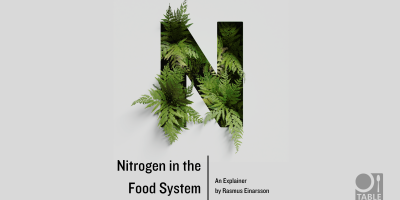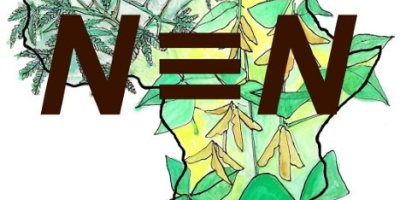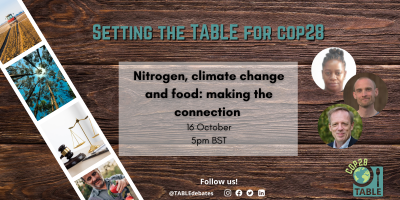Nitrogen fixation is the process through which atmospheric nitrogen (N2) is converted into ammonia (NH3) or related nitrogenous compounds that, when present in the soil, can be utilised by plants. Plants are unable to utilise atmospheric nitrogen (N2) for plant growth because it is a relatively unreactive gas. There are two main processes through which nitrogen fixation occurs in the food system: artificial nitrogen fixation through the Haber-Bosch process – the process underlying the production of synthetic fertiliser – and biological nitrogen fixation (BNF) through bacteria in the soil and roots of particular plant and tree species such as legumes.













